The Covid-19 vaccine: everything you need to know
February 8, 2021
There’s one thing on everyone’s mind amidst this pandemic: the Covid-19 vaccine. Let’s take a look at some of the innovative technologies involved in the production of these vaccines.
What is mRNA?
The two most known and revolutionary Covid-19 vaccines, Pfizer and Moderna, use this technology in their vaccines. mRNA (messenger ribonucleic acid) is a molecule that, when inside a cell, is used as instructions for creating spike protein, the powerful force behind Covid-19. These are the spikes you see on Covid-19 particles. The vaccines being formulated create threads of mRNA that protect it from getting broken down by enzymes. When someone gets injected with the vaccine, the mRNA is inside cells, and they grow their own viral spike proteins, causing the immune system to send off antibodies. Antibodies are proteins the immune system dispatches in an effort to fight infections. Before you know it, the antibodies have killed off the virus. Now, if someone who got vaccinated ever catches Covid-19, their body will naturally know how to fight it off from that point on. Essentially, you are giving yourself a small dose of the virus and are training yourself on how to fight it off. Pretty cool, huh?
What is an adenovirus?
Johnson & Johnson and AstraZeneca use this technology in their vaccines. Adenovirus is a virus that can cause the common cold. Like mRNA, when adenoviruses are used in vaccines, they cultivate directions for making the Sars-Cov-2 protein. Scientists replace a gene in the adenovirus from Sars-Cov-2 and place it into the adenovirus. The Sars-Cov-2 particle causes your body to create spike proteins, send off antibodies, and kill the cells. Now, when someone gets the vaccine, they are once again essentially giving themselves the virus, yet fighting it off.
What is rVSV?
rVSV (recombinant vesicular stomatitis virus vector) is used by Merck, who also used this technology to create the first effective Ebola vaccine. rVSV mainly infects livestock, such as when one animal touches another. Uniform to the previous two technologies, once injected, instructions for Sars-Cov-2 protein are given to cells, and the body gets rid of it. Those who were given the Ebola vaccine swiftly grew immunity to Ebola, serving as proof that this can work for Covid-19, too.
Is it safe?
Before they could get approved for distribution, the vaccines had to be certified by the FDA (Food and Drug Administration) who set the bar high, stating that they “must meet effectiveness and safety standards.” To meet these standards, each individual involved in the trials of the vaccine were monitored on their immunity and side-effects. Many patients of diverse body types and underlying conditions were tracked, and no concerning side-effects were prominent, further proving that it is safe for the public to receive. After completing several clinical trials, it was official that dosage to elders and essential workers could begin. In addition, the Pfizer and Moderna vaccines are proven to be 95% effective when it comes to preventing serious symptoms of Covid-19, such as shortness of breath and severe cough. This is revolutionary, as the habitual influenza vaccine is 67% effective at preventing serious symptoms.
| Company | Phase | % Effective |
| Pfizer-BioNTech | Finished | 95% |
| Moderna | Finished | 94.5% |
| Johnson & Johnson | 3/3 | 90% |
| Oxford-AstraZeneca | Finished | 62% – two full doses; 90% – half dose followed by full dose |
| Merck | 2/3 | N/A |
I asked Dr. Vicki Parker Ph.D, a speech language pathologist and founder of “The Brain Trainer”, who took the first dose of the Moderna vaccine, to share her personal opinion on the following:
Q: How would you convince someone who doesn’t want to take the vaccine to take it?
A: “I know some people who have polio and have long-term issues as a result of not getting vaccinated when they were younger. I want to live a long, healthy life, and I don’t want a disease to prevent that. Young people who don’t get vaccinated could live a bad life and have cardiac and cognitive problems lasting years. So, you can have a disease and not get vaccinated, but the symptoms will continue to worsen as you get older. I want to avoid illness. People should also know that illness affects individuals completely differently from each other, and that plays a role in the life you will live if you don’t get vaccinated.”
The Pfizer and Moderna vaccines are already in circulation, as healthcare workers and those in “high-risk” demographics receive the first doses available to the public. Currently, no person is required to receive the vaccine.



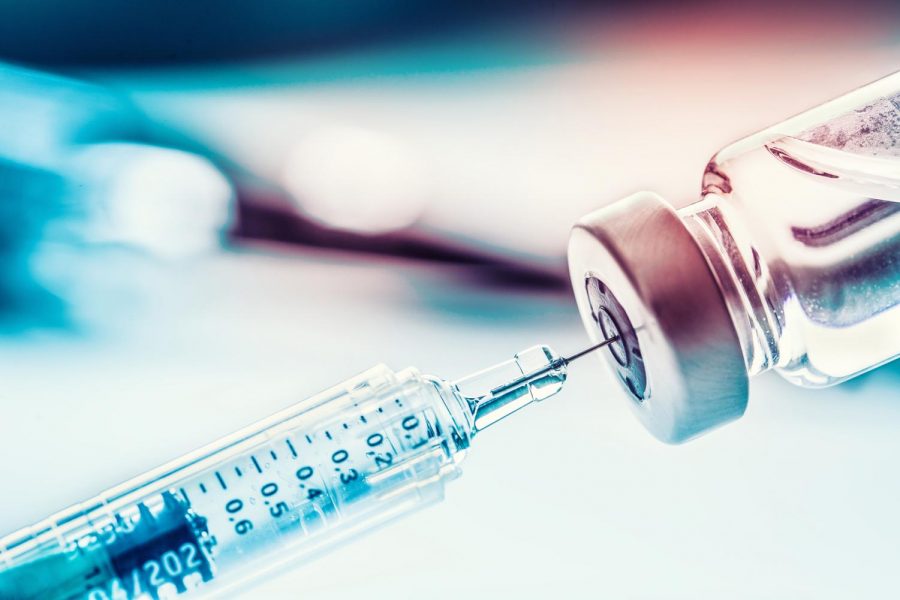

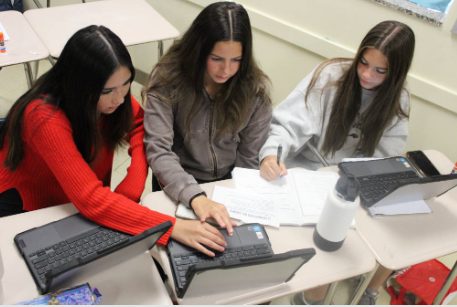
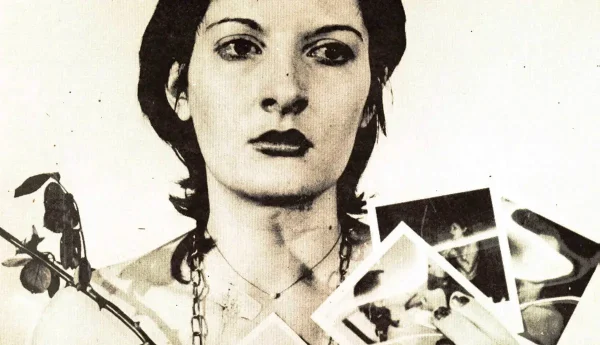
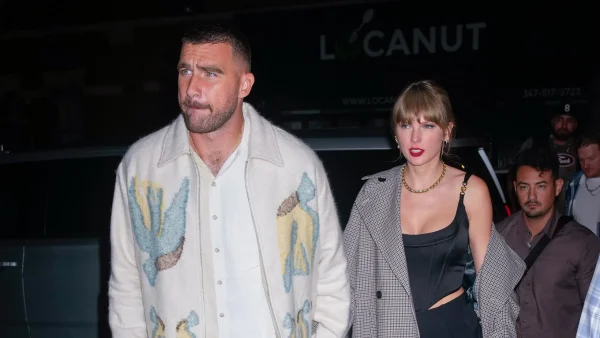
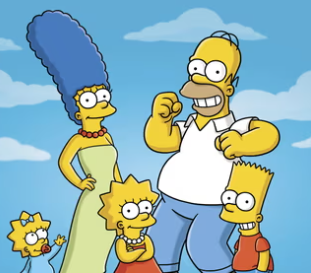
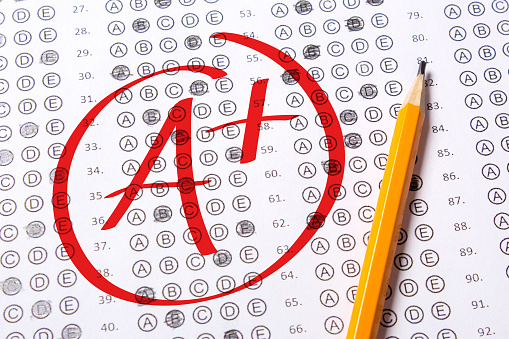

Katya Perez • Feb 8, 2021 at 10:23 pm
Such a Informational article! I’m so surprised it was written by a student and not a actual news source!
Nia • Feb 8, 2021 at 10:14 pm
Wow I never knew how talented my bestie was, I just know she’s going to become a writer for CNN or the New York Times